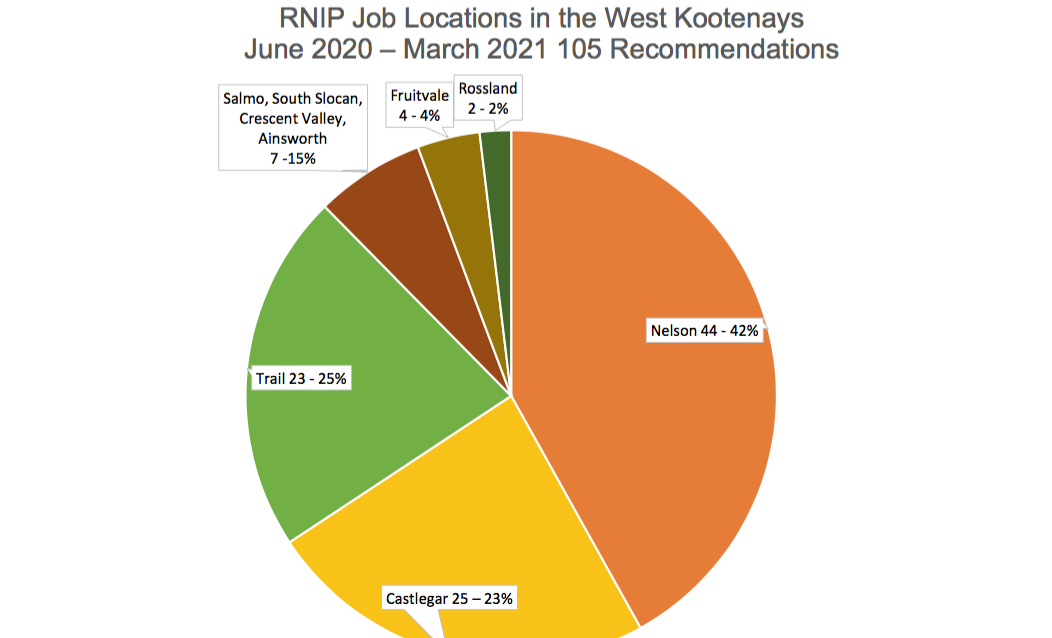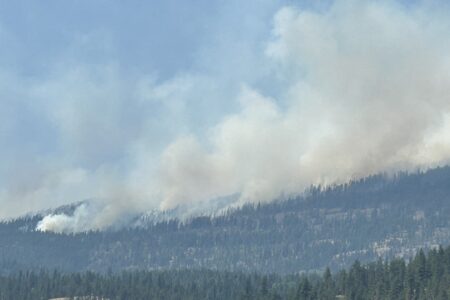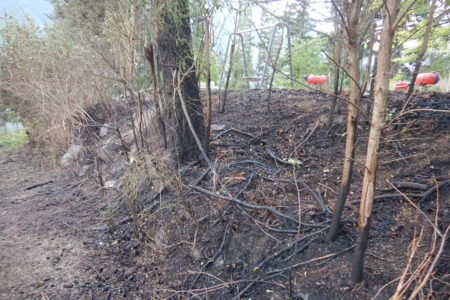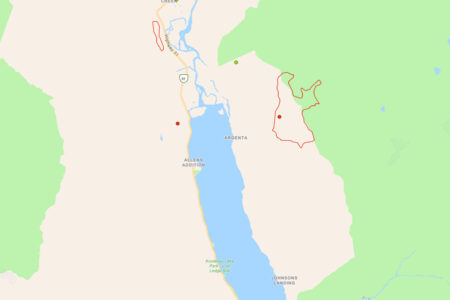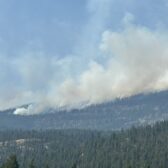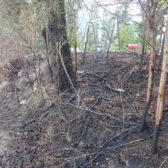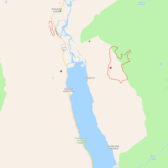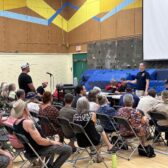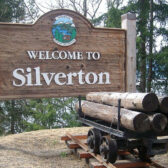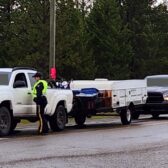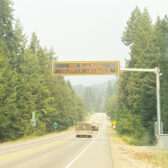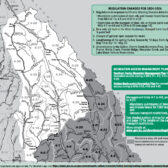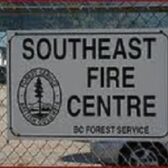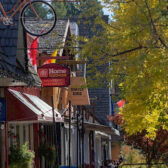Pilot program for immigration brings ‘skilled’ workers to the region, Nelson
Despite the growing struggle for locals to find work in economic-restricted COVID-19 times, a federal government pilot program aimed at increasing immigration into rural and northern areas is entering its second year in the West Kootenay.
Called the Rural and North Immigration Pilot program (RNIP), the program launched May 11 in the West Kootenay region, noted Erin Rooney and Andrea Wilkey from Community Futures Central Kootenay (CFCK) in Nelson.
The West Kootenay region — comprised of Nelson, Castlegar, Trail, Rossland and surrounding rural areas — was designated as an “area of opportunity” that could benefit from the RNIP and a partnership with Immigration, Refugees and Citizenship of Canada (IRCC).
The program is simple, noted RNIP regional coordinator Rooney in her (online) presentation to council recently at its latest committee of the whole meeting, in that it is a “community-led immigration program designed to spread the benefits of economic immigration to smaller communities.”
That immigration creates a way to permanent residency for skilled foreign workers who want to work and live in one of the participating communities, she added.
“We are doing lots of research with employers in the area trying to find out what is the skilled labour they are missing and have been potentially advertising for a long time,” she said.
But with the unemployment rate in the interior, including the West Kootenay, at 13.1 per cent, Coun. Cal Renwick wondered where the people were working in Nelson.
“The majority of people working in Nelson are working as health care aides and they are working in the hospitality sector,” Rooney explained. “We have a lot more hospitality (outlets) in Nelson than Trail and Castlegar so they used the pilot program a lot in 2020.”
Wilkey said when the RNIP was first proposed, rural areas were asked to apply and some area businesses encouraged CFCK to apply. The area was chosen as one of 11 in Canada and two in B.C.
“(Business owners) thought this would be a great way for our local businesses to recruit the skilled employees they needed,” she said.
A decision was made to come together as a region — with Trail, Castlegar, Rossland and the surrounding areas.
“The goal of the program is to spread the benefits of economic immigration to communities outside of large metropolitan centres,” noted a city staff report to council on the program.
But are people blending into the community, asked Coun. Jesse Woodward, and do they feel like they can be part of the community here, or do they feel separated?
“I was wondering about where they were at once they have kind of worked through the program. Do they move on from Nelson?” he asked.
Of the total 131 recommendations so far in the program, Rooney said none have left the region and five are coming from overseas.
The program isn’t purely a way to gain a foothold into Canada, said Rooney, since an intent to reside must be shown by the applicant and is based on information available at the time of assessment.
“Intention to reside is a forward looking assessment,” she said in her presentation to council. “Some of the factors that are examined to establish intention to reside can include: knowledge of the community, actions taken to put plans into place to establish in the community, linkages to the community, linkages to other communities.”
The RNIP created a community criteria point-based ranking system so it can accept the best candidates for the region.
The program has been in place for some time, with the West Kootenay RNIP giving 105 recommendations since May 2020, with 64 regional employers having used the program in that time.
RNIP businesses
- Mountain Lakes Senior Community (6), Prestige Lakeside Resort (3), Save On (2), Nelson Cares (2), Best Western (2), Hume Hotel (2)
- multiple restaurants: Broken Hill, Cantina, Pitchfork, Sushiwood, Red Light Ramen, Panago and A&W
- Nelson employers have used RNIP for 47 primary applicants, 12 accompanying spouses and 13 children.
- Selkirk: 36 Nelson recommendations were Selkirk graduates.
- Nationalities: India (29), Philippines (3), Brazil (2), Australia (2), UK (2), China (2)
Nelson has had the lion’s share so far of the 105 recommendations with 44 (42 per cent) of the 105, with Castlegar at 25 (25 per cent) and Trail with 23 (23 per cent). Salmo, South Slocan, Crescent Valley and Ainsworth had a total of seven, Fruitvale had four and Rossland two.
Source: Rural and North Immigration Pilot program
Not everyone who applies to the program gets in, Rooney explained, since employers must be vetted by RNIP to be eligible to participate. She also explained that there were some sectors that were deemed priority and therefore exempt from meeting the minimum amount of points, including truck drivers, health care aides, early childhood educators, construction managers and automotive mechanics.
By the numbers
- Minimum wage requirement of $17 per hour or $22 per hour;
- There is an employer specific work permit available for one year to bridge until permanent residency;
- RNIP partners with Columbia Basin Alliance for Literacy (CBAL) to provide settlement supports to candidates who receive recommendations.
- West Kootenay regional website: https://wk-rnip.ca/
Guiding principles
- Community driven and responsive to local economic development needs;
- Focused on retention and economic independence of newcomers;
- Complementary to other federal and provincial immigration initiatives; and
- Part of the solution, not the only solution.
The RNIP pilot will run until December 2022 with about approximately 150 allocations available per year.
CFCK is a non-profit community economic development organization committed to helping people in the Central Kootenay region who are either operating or planning to start their own business.



